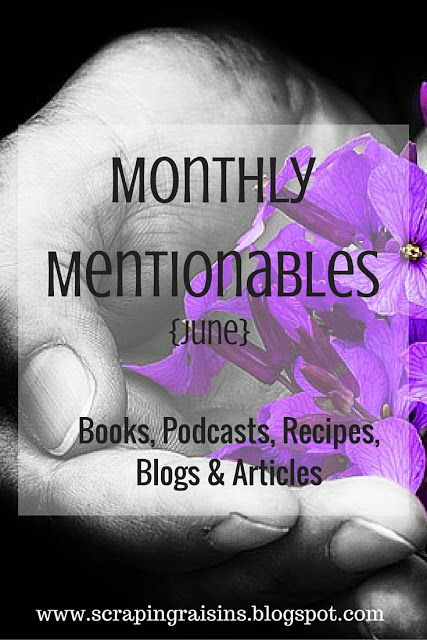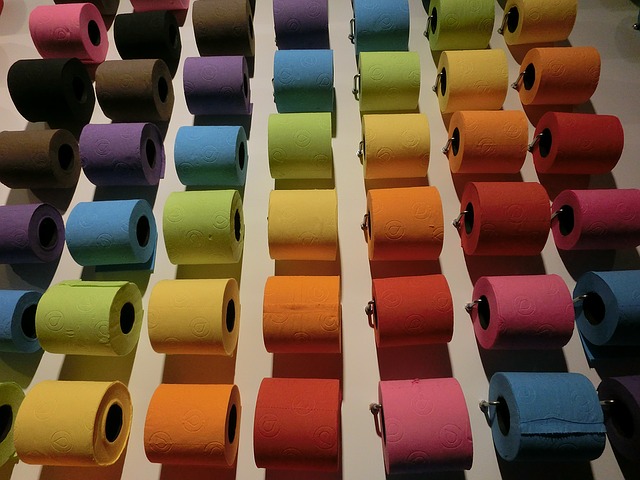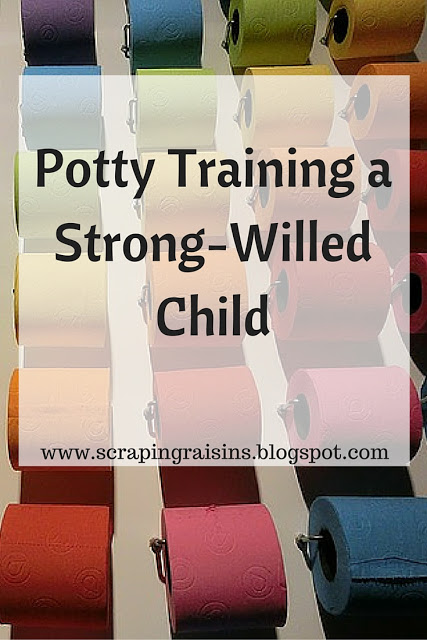What a month.
Doesn’t it feel a bit like fear is steering the ship?
If you’ve forced your eyes, ears and heart open like I have in spite of longing to turn off the news, jump back in bed and binge on T.V., then you may be feeling like fear is delivering us straight into the darkness.
But an image has helped me not to be overcome by hopelessness. Sitting on our back porch in the early hours of the morning recently, I re-read the familiar words of Psalm 139 about God searching me and knowing me, knowing when I sit and rise, etc. But seemingly new words reached out from the page, grabbing my chin and speaking straight to my doubting face as David cried out to God:
“Where shall I go from your Spirit?
Or where shall I flee from your presence?
8 If I ascend to heaven, you are there!
If I make my bed in Sheol, you are there!
9 If I take the wings of the morning
and dwell in the uttermost parts of the sea,
10 even there your hand shall lead me,
and your right hand shall hold me.
11 If I say, “Surely the darkness shall cover me,
and the light about me be night,”
12 even the darkness is not dark to you;
the night is bright as the day,
for darkness is as light with you.”
And it hit me: God sees in the dark.
He does not stumble blindly, knock into the coffee table or stub his toe.
God has night vision.
In fact, darkness is not even dark to Him, but is as bright as the day. We are never alone in the darkness. Although we cannot see the way ahead, Someone is walking with us who can.
God has used some of the following books, podcasts and articles this month to encourage, challenge and grow me. Many of them have been twinkling lights in the darkness. I hope you find the time to click on some of the links and I’d love to read some of your recommendations in the comments section!
Books:
by Anne Lamott
Podcasts:
A Mom’s Mission Field
This podcast was new to me this month. The host, Tiffany Castleberry, brings on guests who do not believe that being a mom and following God’s call on your life are mutually exclusive. I especially enjoyed the following episodes:
Flower Patch Farm Girl Blooms in the City: Shannan Martin
I loved this interview with Shannan Martin and am looking forward to her new book coming out this fall called Falling Free: Rescued from the Life I Always Wanted. She’ll also have an essay in this book full of other amazing writers called Soul Bare: Stories of Redemption by Emily P. Freeman, Sarah Bessey, Trillia Newbell and more
, edited by Cara Sexton.
A Sweaty Conversation about Racial Reconciliation: Retha Nichole and Emily Thomas
Such a great conversation between two white women and an African American woman about race relations following the shootings earlier this month.
Following Your God Dreams while Raising a Family: Tricia Goyer
This was the first episode I listened to of this podcast and I loved the way the women talked about following God’s calling on your life in the midst of raising a family.
Code Switch: Race and Identity, remixed
Extra: No Words (reflecting on the shootings of Philando Castile, Alton Sterling and the 5 policeman in Dallas)
Pass the Mic
I discovered this podcast the day after I published this popular post on race resources for white people and I really wish I had included it in the list! What I appreciate about this podcast is that not only are the hosts completely candid about discussing race in our country, they also come at it from the perspective of how a Jesus follower should learn and move forward when it comes to race issues in our country. Here were a few episodes that were especially helpful in filling in blanks for me:
Defining White Privilege
Defining Systemic Racism
Roundtable: How to Be a White Ally
Real Hurt, Real Hope: Racial Tension and Perseverance (reflecting on the shootings of Philando Castile, Alton Sterling and the 5 policeman in Dallas)
Shalom in the City with Osheta Moore
#14 Seeking Shalom for the Immigrant
Loved this interview with a woman married to a man from Guatemala and her experience working in immigration in America.
#16 Everyday Practices of Peace for the Homeless
If you’ve ever interacted with homeless people or are have questions about how we should think about homelessness in America, this interview with a woman who has worked in homeless ministries and public health for 20 years is a great source of further education in this area.
Village Church Sermons
Justice and Racial Reconciliation (from the week of the shootings of Philando Castile, Alton Sterling and the 5 policeman in Dallas)
This panel discussion was healing balm to my soul after that rough week. I’m thankful for Jesus followers who are not afraid to have the hard conversations.
What Should I Read Next? with Anne Bogel
#31 Lifetime Favorite Books and reading for a living with Adam Verner
Everyone should listen to this episode featuring my hubby, audio book narrator, Adam Verner! I’ve listened to Anne’s podcast since January and it dawned on me that my husband would be the PERFECT guest since he’s an audio book narrator and devours books even when he’s not working. He had a great conversation with Anne that I know you’ll love (though I’m slightly biased);-).
(No New Recipes This Month…did I mention that I’m 8 months pregnant…?)
Thought-Provoking Articles from the Web:
A Letter to My Son, (an African American man’s letter to his son), by Rev. Otis Moss III for Huffington Post
A Week from Hell, by Charles M. Blow for The NY Times
Delayed Kindergarten Enrollment Dramatically Reduces ADHD in Children, Study Shows for The Inquisitr
Lacrae: Humility is the Key to Understanding Race Relations: Guest Essay, by Lecrae for Billboard
[Love Looks Like] Choices, by Sarah Bessey
Misogyny in Missions, by Jonathan Trotter for A Life Overseas
My Husband Isn’t Called to Ministry, by Cara Meredith for Christianity Today
The Truth of Loneliness, by Liz Ditty for The Mudroom
Verge Network 7 Part Series on Racial Justice
White Fragility: Why Its So Hard to Talk to White People about Racism, by Dr. Robin Diangelo for The Good Men Project
The 5 Truths Stay-at-Home and Working Moms Can Agree on, by Katelyn Beaty for Her.Menutics
10 Ways to Live Well, by Amy Young for SheLoves Magazine
38 Resources to Help Your Church Start Discussing Race Today by Missio Alliance
Just for fun (language alert!)
God Makes Animals (these are the types of things my husband finds on the Internet)
New (to me) Websites and Blogs:
Good Black News
This site is pretty self-explanatory and shares wonderful things that are happening in the African American community. For example, this article mentioning that some black women will be acting in the movie adaptation of one of my favorite books, A Wrinkle in Time.
Reformed African American American Network
Along with offering the podcast, Pass the Mic, that I mentioned above, this site is a treasure trove of resources on race relations in America.
White Allies in Training
This site offers a ton of resources for white people looking for more information about racism and how they can be involved in being a bridge towards reconciliation in America.
A Life with Subtitles (blog for Sarah Quezada)
I heard about Sarah on this podcast about marrying an immigrant and working in immigration and ran straight over to her blog. This is a great blog for anyone working, living or loving in a cross-cultural setting.
D.L. Mayfield (personal blog)
I am currently reading her book, Assimilate or Go Home: Notes from a Failed Missionary on Rediscovering Faith (due to be released in August), and really enjoying it! More on that later;-) I absolutely love her wry and honest writing style and can really relate to so much of what she writes about as she worked for years with refugees in America.
In Case You Missed it on Scraping Raisins:
70+ Race Resources for White People
“It’s time.
Maybe you read a news article on your Facebook feed or listened to a podcast and feel it’s time for you to finally DO something about the injustices in our nation.
Perhaps it is time for that.
But our African American sisters and brothers have asked that before we speak, we be sure that we have done something else first: educate ourselves...” continue reading
I once was (color) blind, but now…
“As white people, we brag that we are “colorblind” and congratulate ourselves for being inclusive and tolerant. Because we don’t actively hate, abuse or reject those of another color personally, we would never call ourselves “racists.” We say we see everyone as the same and silently assume that everyone, deep down, is like us.
But as we boast that we are colorblind, what we are blind to is that color really does matter. People are treated certain ways simply because of the color of their skin.
My journey toward sight began as all breakdowns of prejudice inevitably must: through a relationship…” continue reading…
A Muslim in Our Home
“Perhaps the only difference between our Fourth and yours was that we spent ours with a devout Muslim who is currently living in our home, a close friend whom our children call “Auntie Boo.” She lived with us for a year in Chicago and is now staying with us for a month after recently finishing her studies in Denver. We invited her to celebrate the 4th of July at my parent’s house a few hours away in the middle of the Rocky Mountains…” continue reading…
~~~
Subscribe to Scraping Raisins by email and/or follow me on Twitter and Facebook. I’d love to get to know you better!
Next Post: When You Can’t Quit Your Job
Previous Post: “Open a Vein” {Thursday Thoughts for Writers}
Linking up with Leigh Kramer: What I’m Into
Note: This post contains affiliate links. If you click on a book and buy it through Amazon, you will not be charged extra, but I will receive a very tiny commission.

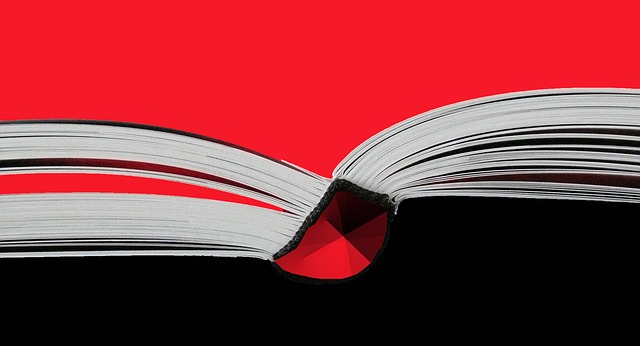

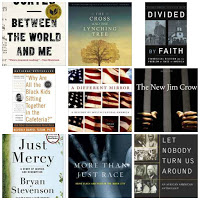

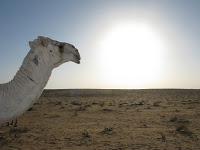
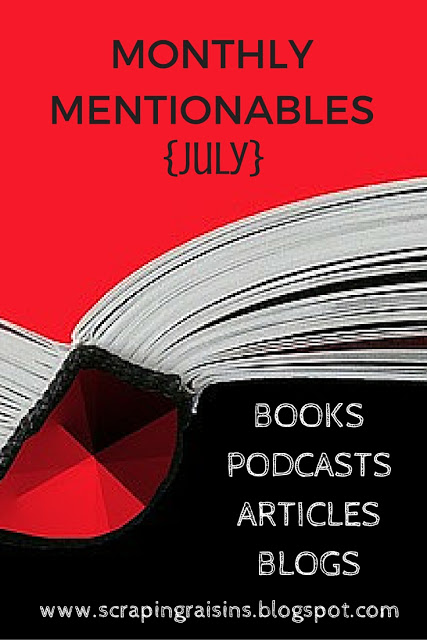

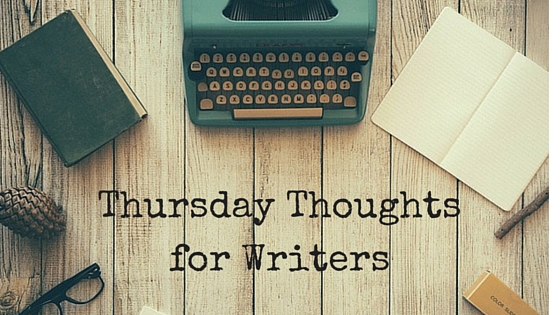
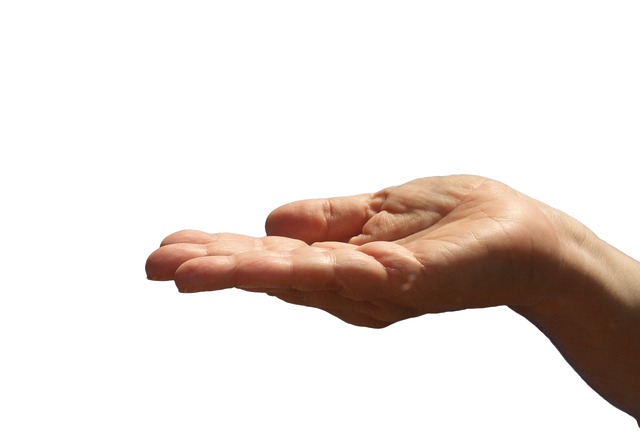
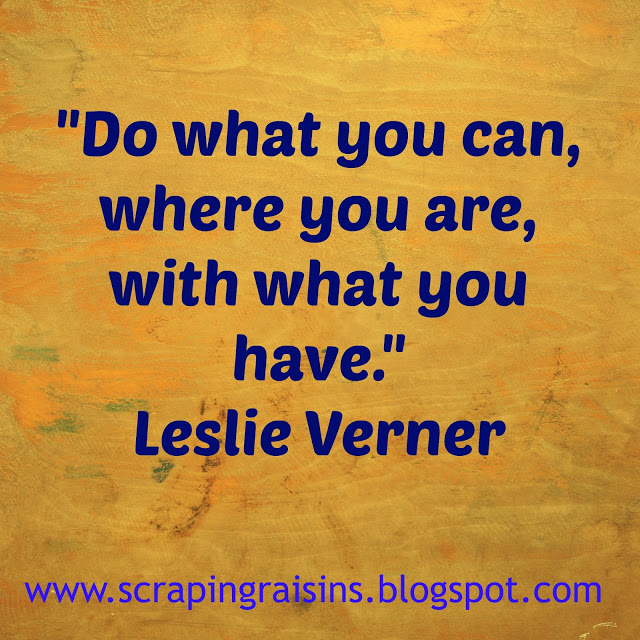
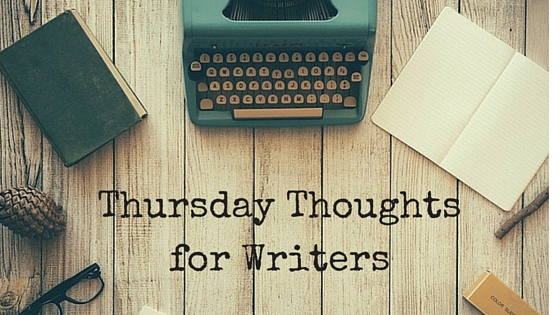
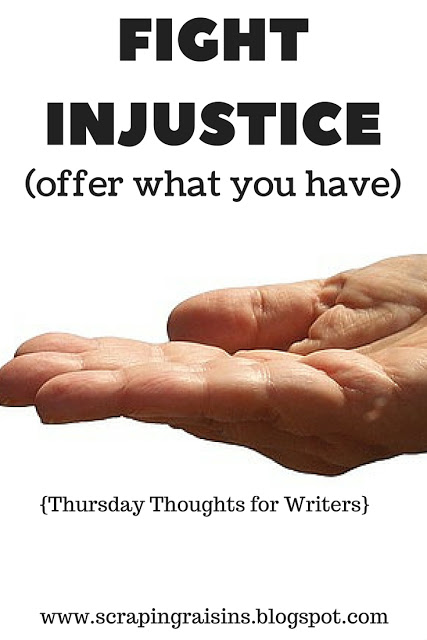

 is written from the perspective of one white woman from a slave-owning family in South Carolina and the African American attendant she was “given” as a girl. The chapters alternate between these points of view and walk us through their li
is written from the perspective of one white woman from a slave-owning family in South Carolina and the African American attendant she was “given” as a girl. The chapters alternate between these points of view and walk us through their li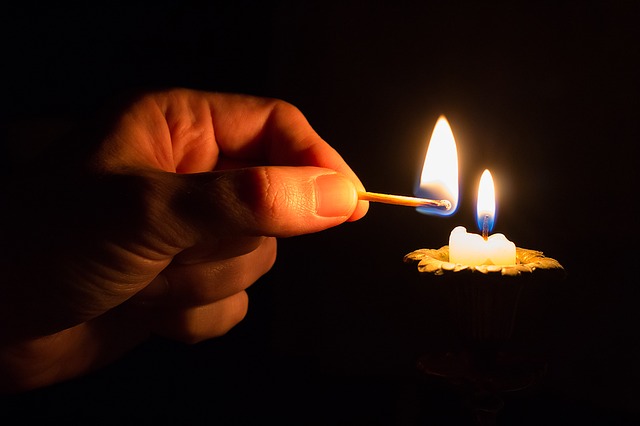
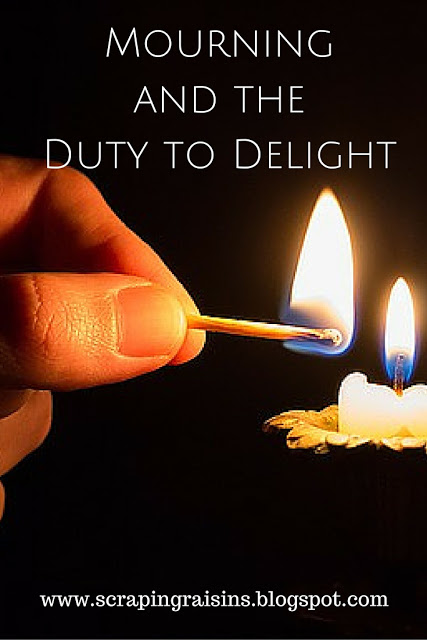
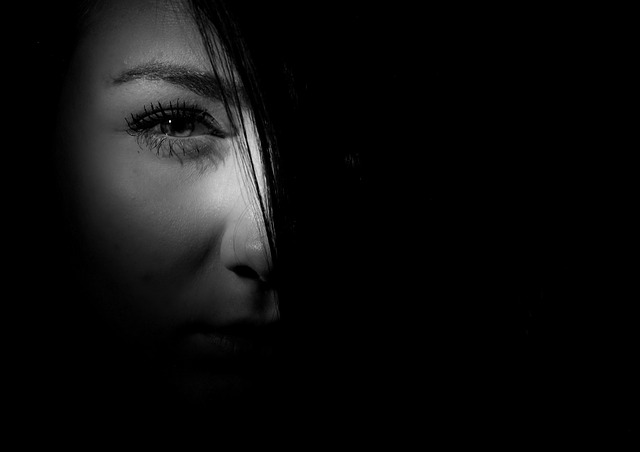
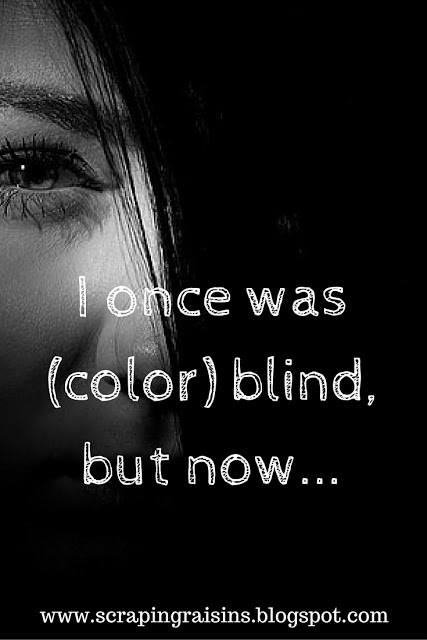
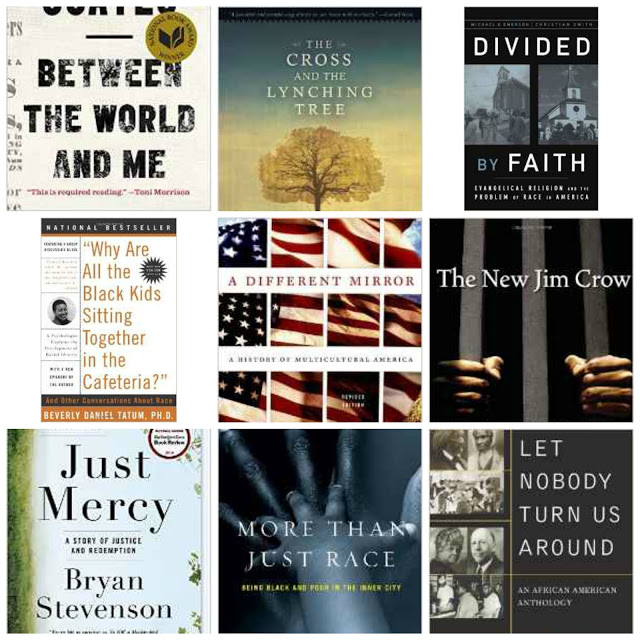
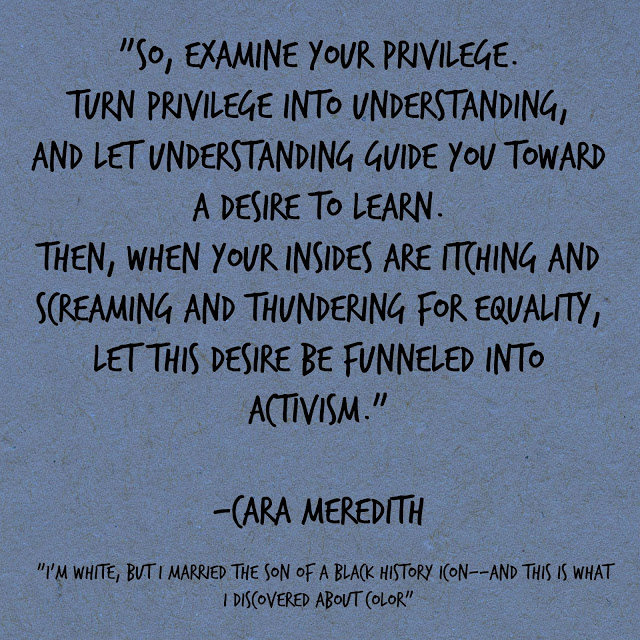
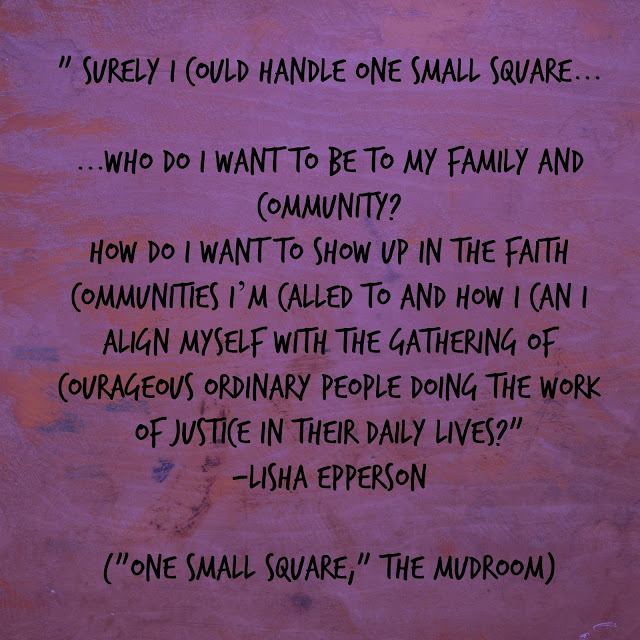
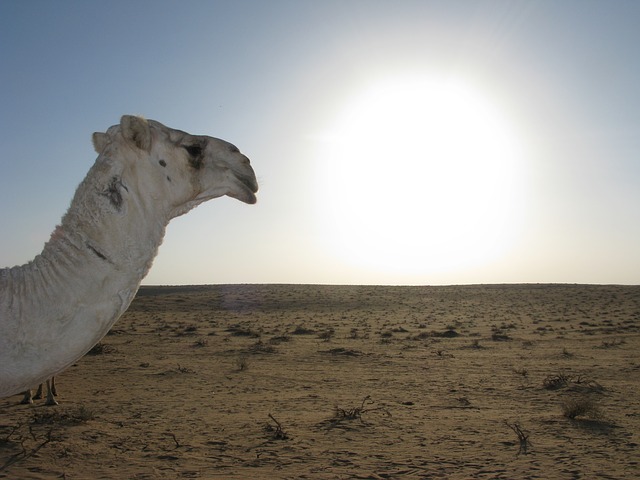
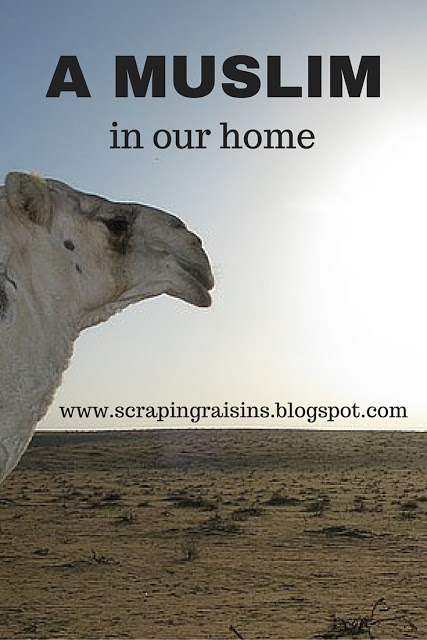
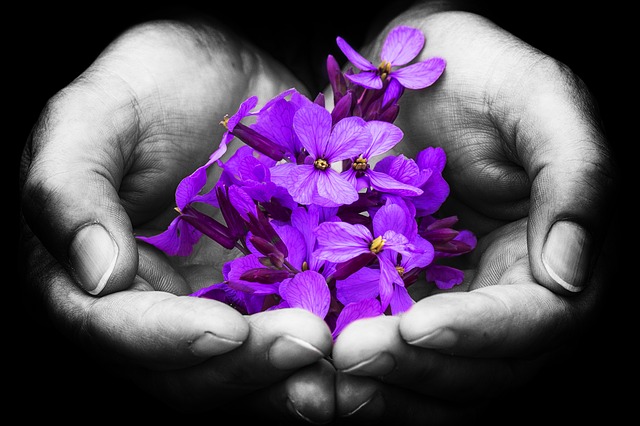




 , by Gregory Boyle
, by Gregory Boyle
